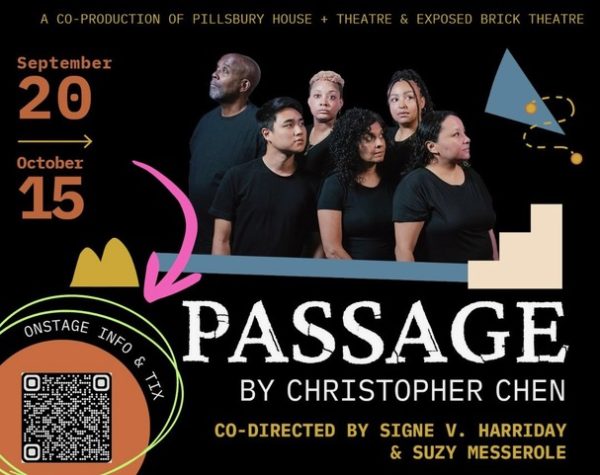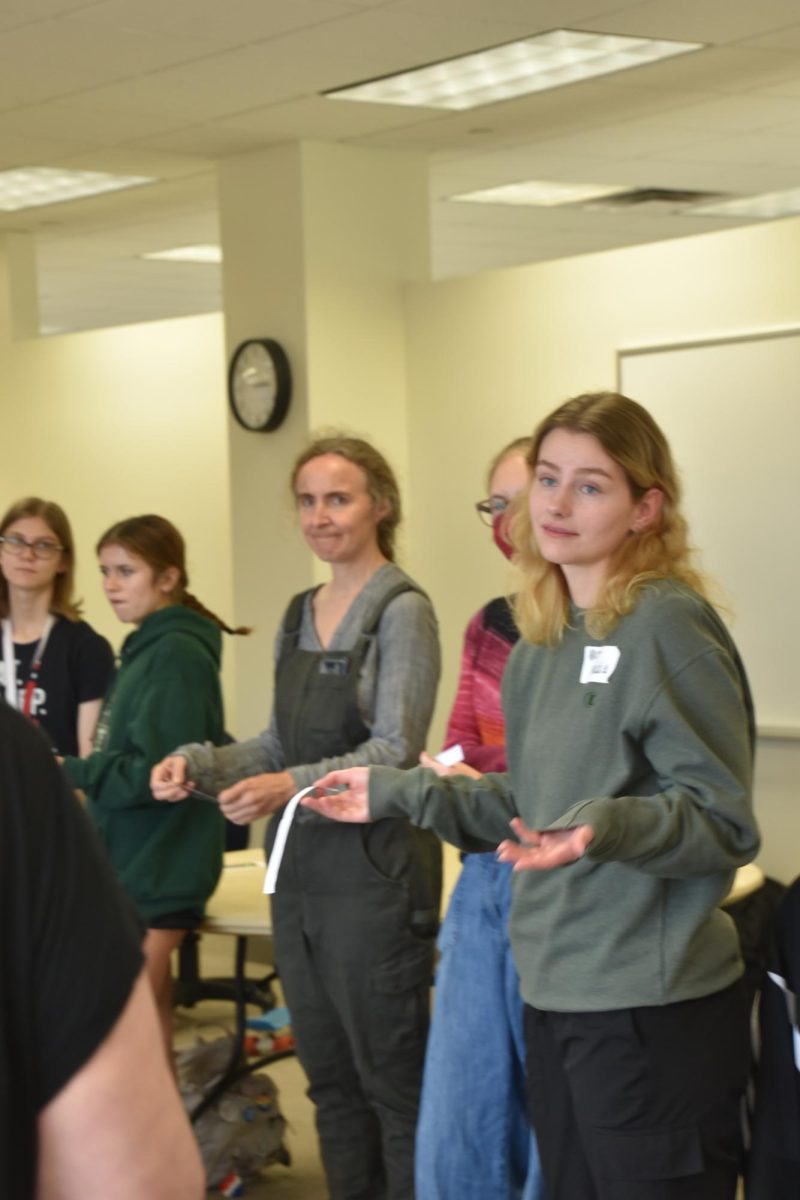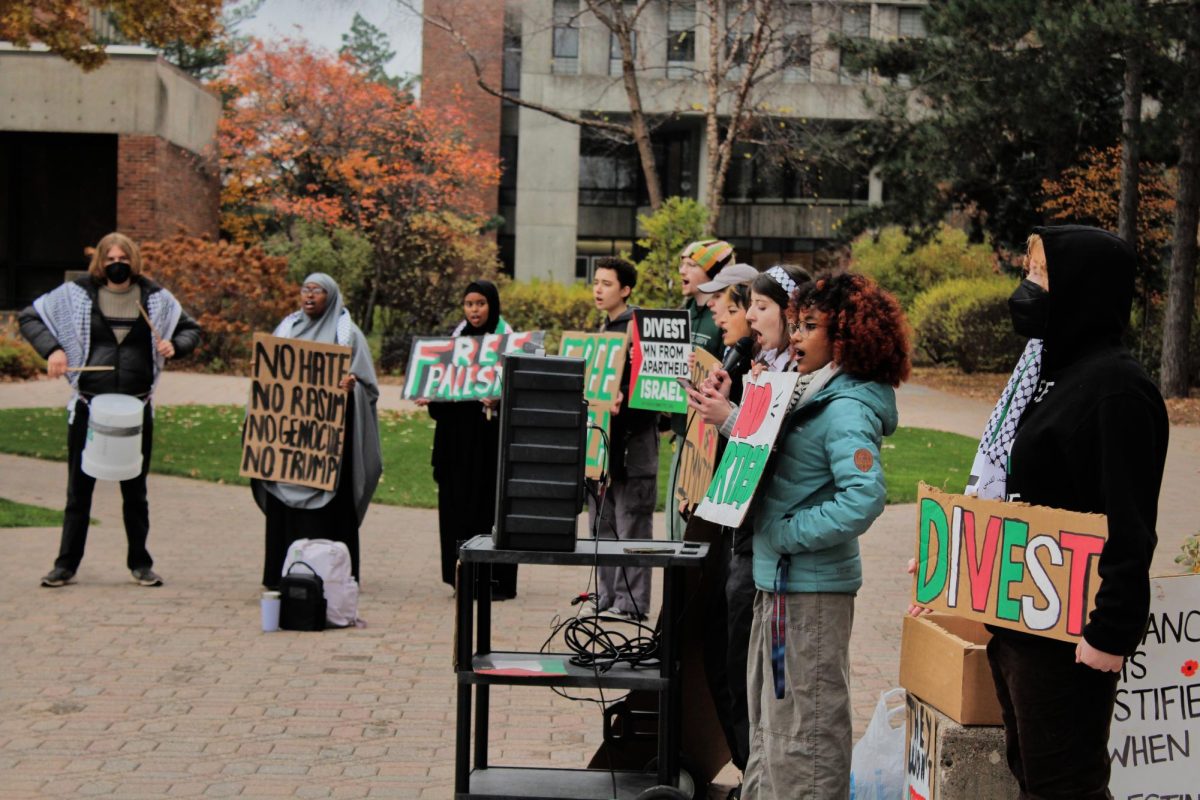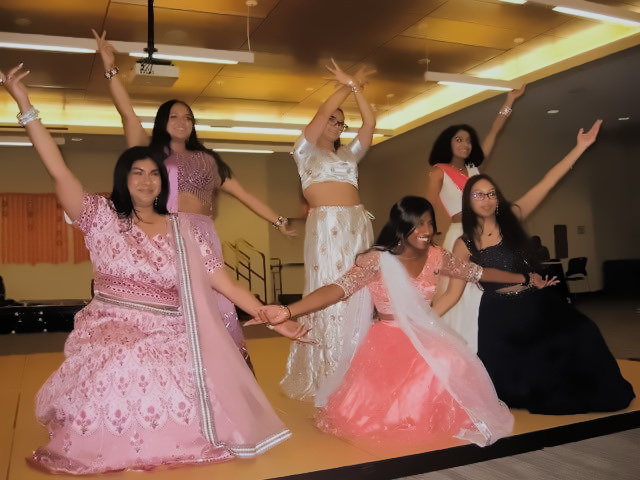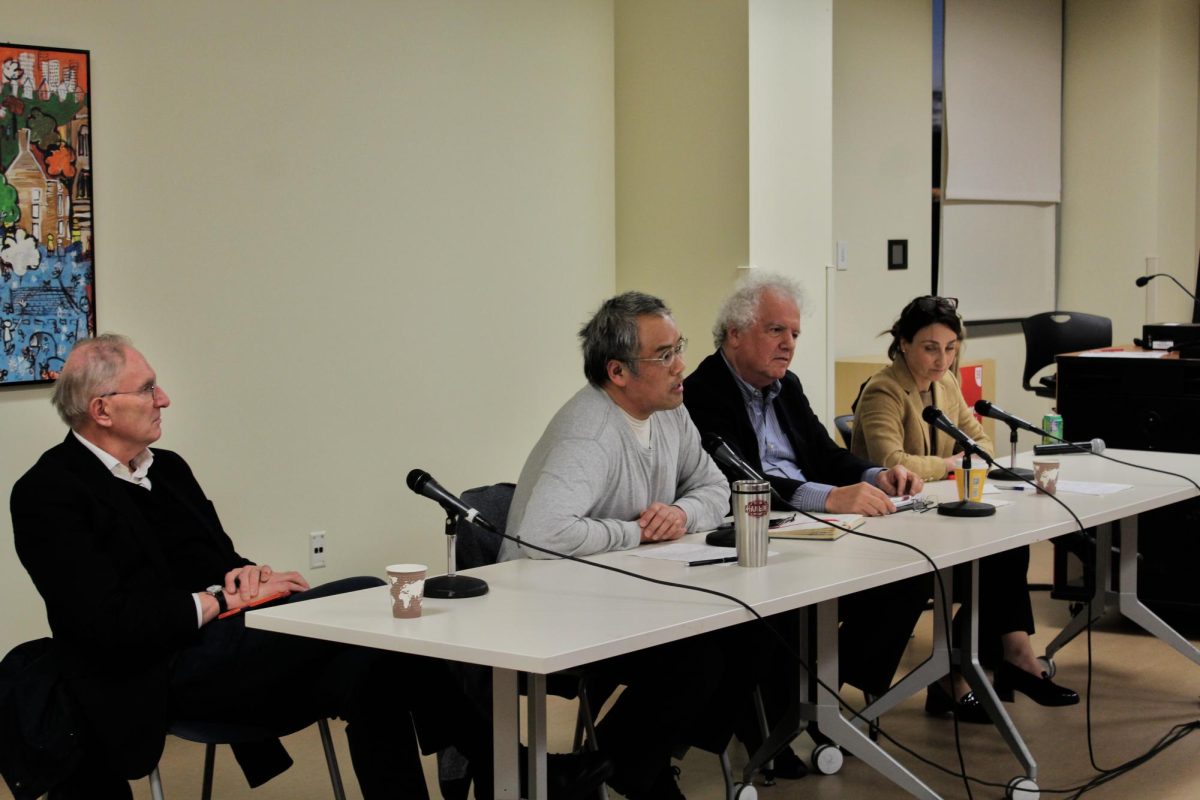A local theater outreach group is bringing theater into the classroom, providing students a way to connect local art to their coursework and providing theaters with a younger audience.
Lucas Erickson founded On Stage: Creating a Community Dialogue Around Live Theater to engage young people actively with theater and to platform smaller theaters that do not have outreach programs of their own.
Erickson was inspired by work in graduate school, as well as his family, when creating On Stage.
“None of my friends used to go to plays, and then I went to grad school and some of the classes I took, a lot of the teachers required us to go to a live cultural event like a play, … and that made my learning much more enjoyable. It made it real. So I just kind of took that concept and blew it up.”
Erickson and actors that work with On Stage visited Valentine Cadieux’s Environmental Systems and Relationships class to host a discussion about the play “Passage” by Christopher Chen. The discussion focused on power dynamics, community and individual action when taking on climate crises.
The On Stage discussions not only bring a fresh take on theater to a classroom, but break through the routineness of classes for students.
“It’s community building in classrooms. We get students standing up, moving around,” Erickson said. “It gets them talking and learning more about their classmates that they probably don’t know anything about.”
As classes near the midterm checkpoint, senior John-Luke Otis appreciated the disruption to the usual flow of classes.
“It was fun — all the activities — it was energetic, it felt very educative,” Otis said. “It was definitely more interesting, this class. It was nice to switch it up a bit.”
Saint Paul coordinator for the Young Adult Coalition (YAC) Katherine Ichinose has been working with Cadieux’s class on climate justice engagement outside of the classroom and also attended the discussion.
“I think it did a good job drawing the threads between these large systems of power and oppression that are very abstract and nebulous and we don’t know how to relate to them personally, and start to draw people’s personal lives and experiences into those things,” Ichinose said. “That helped facilitate our conversation around ‘What is the power that we do have?’”
Promoting the plays in classrooms can make theater more accessible for students who have not experienced much of it before, and while Erickson hopes that students will want to go to the play, he hopes that the experience opens up students to theater who might not have thought about it before the class.
“I was exposed to [theater] through my parents, and if that wasn’t the case then I could easily see why I wouldn’t go to plays,” Erickson said. “So I think that by sort of growing these seeds, even if these students don’t see this play, at least now they’re thinking about theater.”
Erickson chose to work with students around “Passage” because of the play’s themes of colonialism, power and status in the fictional ‘Country X’ and ‘Country Y’. “Passage” is showing at Pillsbury House Theater in Minneapolis through Oct. 22, on Thursdays, Fridays and Saturdays at 7 p.m. and Sundays at 2 p.m.
